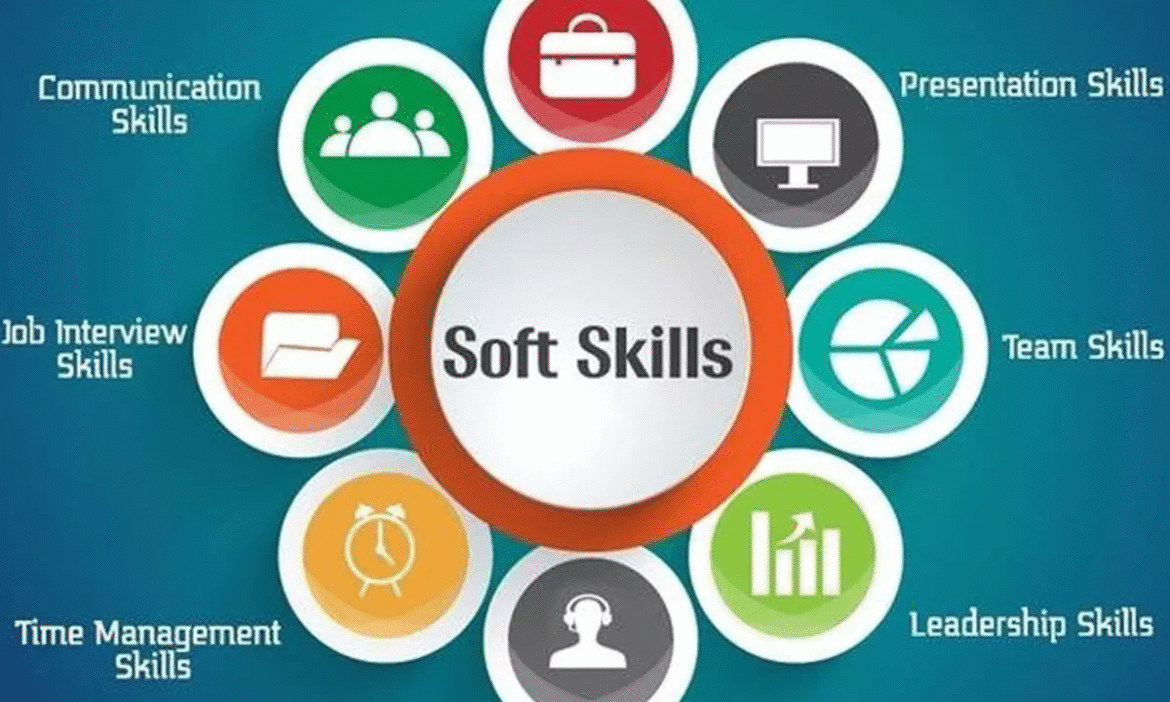Technical expertise alone will not guarantee success in the modern competitive workplace environment. The elements of the soft skills training module that influence the way individuals lead, work and communicate have turned out to form the basis of effective performance in the workplace. An effective soft skills training program is a road map to professional and personal development because it allows individuals to achieve their full potential and thrive in any working environment.
- Understanding Communication Excellence
Effective communication is the key to success in the office and any other relationships in a profession. The key goals of this module component are the development of proper non-verbal behavior, active listening, and specific voice expression. The participants are able to learn to respond intelligently, read messages properly and think confidently. Being aware of these basic principles of communication, one will be able to successfully cross the distance within the teams and between them, explain the situation, and build stronger relationships with stakeholders, clients, and co-workers of any level of the organization.
- Cultivating Emotional Intelligence
Emotional intelligence is the ability to recognize, understand, and manage personal feelings with an understanding of those of other people. In this training section, the participants are taught how to deal with difficult social situations in an understanding in addition to a sensitive manner. Perspective-taking sessions enable the learners to learn to empathize and learn to use self-control strategies to overcome stressful experiences, as well as gain insights into the influence of emotions on decision making. These skills will be extremely useful in conflict situations, in motivating employees, or in adjusting to the changes in the organization which involve interpersonal skills and emotional strengths.
- Strengthening Team Collaboration
Good team work and ability to solve problems together are critical skills in successful business. This section of the module is devoted to collaboration, mutual responsibility and respect towards each other. By simple examples and vivid discussions, people would know how to strike a balance between personal goals and organizational interests, and the goals of the group and fulfill their goals by means of a balance between teamwork.
- Developing Critical Thinking Abilities
Professionals with critical thinking abilities would be in a good position to analyze events objectively and make informed decisions. This training aspect facilitates the questioning of assumptions, evaluation of the information in a systematic manner, and consideration of the various opinions before making judgments. The participants are engaged in identifying logical fallacies, determining the validity of evidence and the use of a systematic reasoning to solve difficult problems. These analytical skills enable individuals to deal with challenging circumstances efficiently and also to anticipate roadblocks in their path, and develop innovative solutions that are capable of propelling their businesses as well as promoting ethical and professional integrity.
- Mastering Time Management Principles
In stressful work situations, effective time management sets high-performing professionals apart from their peers. Prioritization methodologies, goal-setting tactics, and productivity improvement techniques are covered in this last module subject. Students learn to differentiate between the essential and urgent work, eliminate time-wasting hobbies, and establish the reasonable deadline. The application of these organizational principles can lead people to reach superior outcomes that outperform expectations and to contribute to career advancement over time and reduce stress levels at work, and the ability to perform duties consistently, and to a healthy work-life balance.
Conclusion
Modules for soft skills training offer vital resources for negotiating the complexity of the modern workplace. Professionals set themselves up for long-term success via a soft skill development course along with significant career advancement by devoting time to building these skills.










